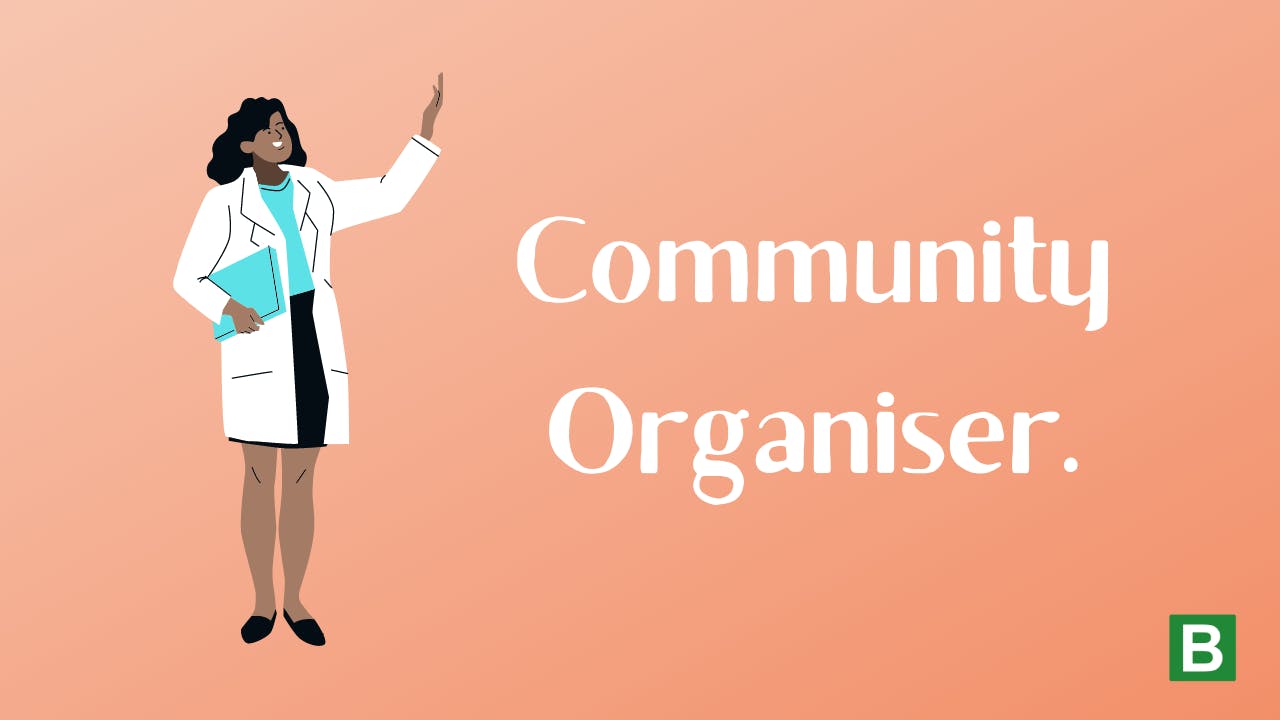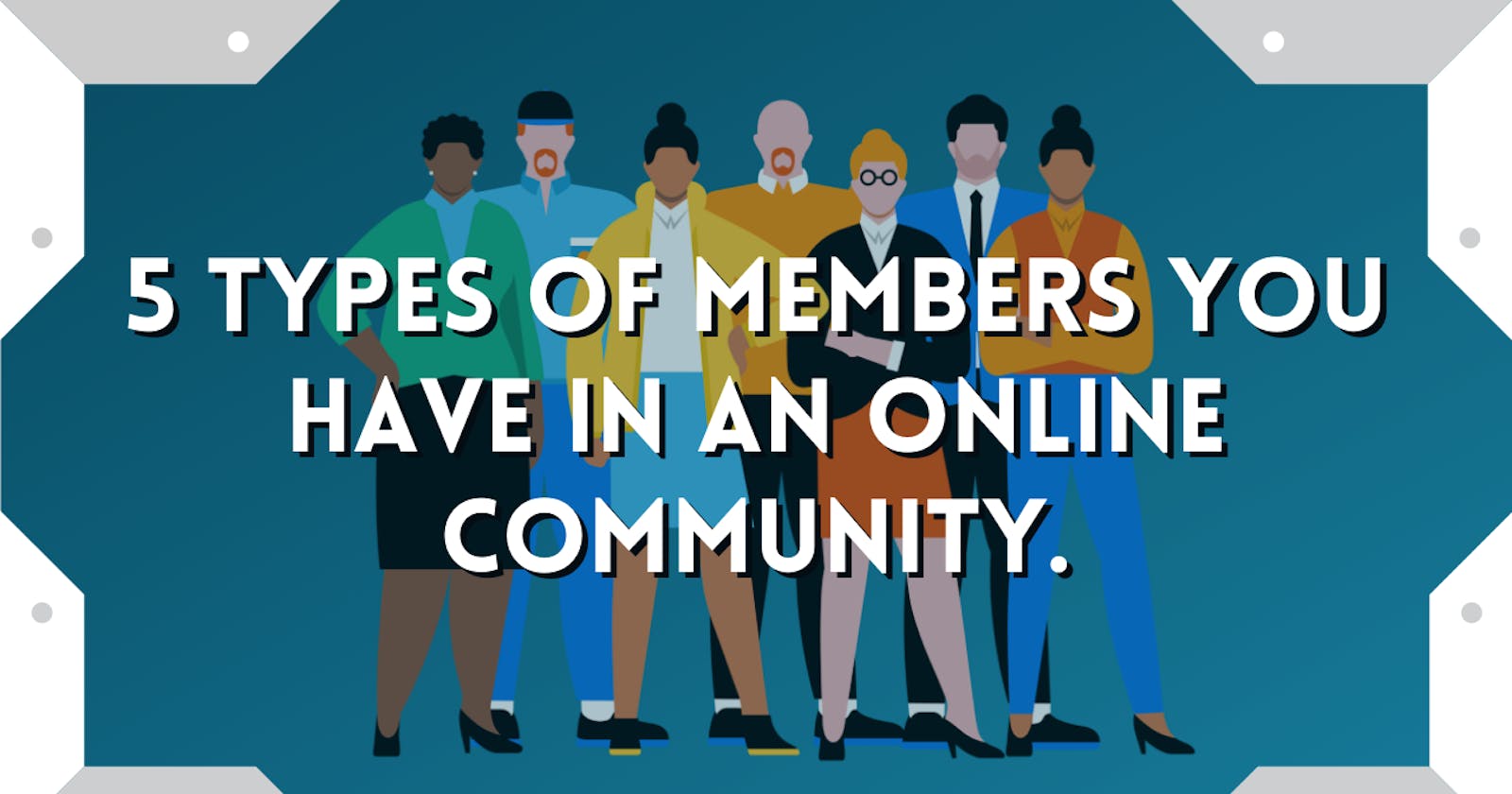An online community likewise called an internet community or web community is a community whose individuals collaborate essentially through the Internet. Individuals from the community together share similar or same interests. For some, the online community may feel like a home, comprising of a "group of invisible companions". Furthermore, these "companions" can be associated through gaming networks and gaming organizations. Individuals who wish to be a part of an online community normally need to be a part through a particular website and along these lines gain access to explicit contents or connections.
An online community can act as a data framework where individuals can post, comment on conversations, offer guidance or team up, and incorporate clinical counsel or explicit medical services research. Normally, individuals impart through social media websites, talk rooms, forums, email records, and conversation boards, and have progressed into day by day online media platforms also that incorporates Facebook, Twitter, Instagram, etc. Individuals may likewise join online networks through computer games, websites, and virtual universes, and might meet new huge others in dating sites or dating virtual universes.
The ascent in prominence of Web 2.0 sites has taken into consideration real-time communication and connection with others and worked with the presentation of new ways for information to be traded. However, these interactions may likewise prompt a ruin of social communications or store more negative and censorious types of addressing others, in association, surfaced types of racism, harassing, misogynist remarks, etc. may likewise be researched and connected to online networks.
These online communities have different types of members in themselves but there are these 5 types of members which are always present in every online community.

- Community Manager/Organiser.
Community Organisers construct organisations that expand the force and participation of their members. Their job is to see that the members and their structure of work are set up to make consistency and uprightness inside an organisation. Organisers always listen to their members and know the community very well. They help the members to gain knowledge and help them develop and gain self-confidence to try out new things Organisers are in charge of sharing information and raising questions about the flow of work in the community, giving out options and thinking of alternatives and problems that will affect the collective decisions of the members in the community. Organisers have to work constantly to make the community better so it can be efficient for the members of the community. Click on the link to learn more about The roles of a community organiser in a community.

- Lurker
You may confuse a lurker with an idle part of the online community but the fact is that on the surface they don't appear to be participating. A few groups like to notice public collaborations and take part through one-on-one interactions like direct messages, or in more modest private groups. This is not the same as inactive individuals who don't visit your community consistently.
There is regularly just a single method to show a difference between a lurker and an inactive member, and that is to connect straightforwardly. Lurkers will probably react if you ask them inquiries, registration and check whether they need anything. Inactive members are probably not going to react, yet your message may arouse them to return or convey why they aren't anywhere near.
Some individuals are completely glad just seeing a conversation and not contributing to it, yet the best way to know without a doubt is to ask them. Check-in with your lurkers once in a while, and ensure they realize how to contact you whenever they at any point in the need of it.

- Socially Sound.
Socially sound members need no presentation they love being a part of things. They react to most of the posts, they are open to contacting everybody, and they are consistently around. These are extraordinary individuals to have, as they can help keep your online community alive. It very well may be arousing to depend on them to make a big difference for your community, yet don't depend on them to an extreme. In any case, they begin to feel like a neglected assistant or like they're being pressurised to post a ton, you risk losing them as a functioning part of the community
Focus on a relationship with your most dynamic individuals. Appreciate them for the commitment to your community, ask them for any input on your thoughts, and participate in the content they make to show them that you see them.

- Critic
Each grammatical error, each change will be taken apart and assessed by the critic. They will see even the smallest irregularities in the information you convey. It is not difficult, to sum up, the critic into smarty pants or inconvenience, however, most online community individuals who do this are companions, not foes. Taking the time to communicate mistakes and stumbles implies they are investing time and efforts into your community.
Other community members will either adore or hate a critics’ way of conduct and will observe how you cooperate with their tricky feedback. A decent general guideline is to show appreciation when the critic brings up a mistake: “Oh, nice catch. Fixed it! Thank you!” and proceed onward. Input from a critic about approaches or administrative choices ought to be heard, recognized, and even considered. In any case, it should not direct what you do.

- Tech-Challenged Member
The majority of us interested in digital communities are pretty tech-savvy. We realize how to get around and issue address, particularly on a community platform we utilize each day in our business. Be that as it may, this isn't the situation for every one of our individuals. Some do not find learning a new platform as intuitive as the rest of us do.
Therefore, the tech-challenged member may resemble a lurker, when they are simply uncertain how to utilize the platform. Without intervention, they may surrender completely and pass up the community you've built. When connecting with expected lurkers, you may discover they simply don't have a clue where to begin or how to lock-in.
Take into consideration the inquiries and issues your members have, and let them guide the production of instructional videos to use the community platform and help with the reports. Revisit your existing support documentation consistently to guarantee relevance. Furthermore, check-in with tech-challenged members after enormous changes to guarantee they feel good with how to proceed.

